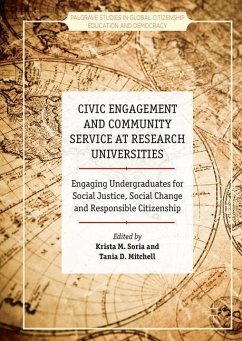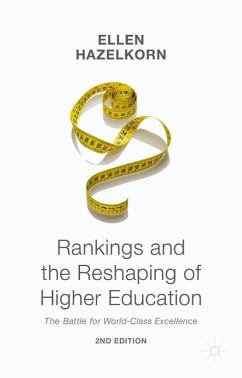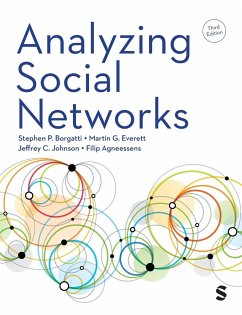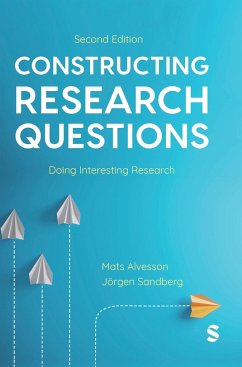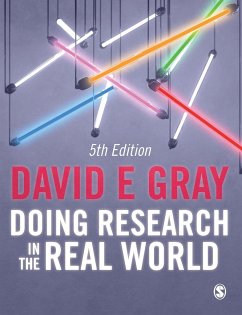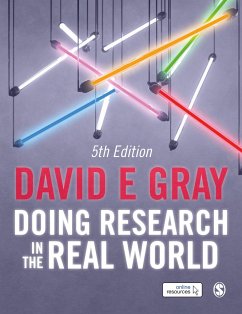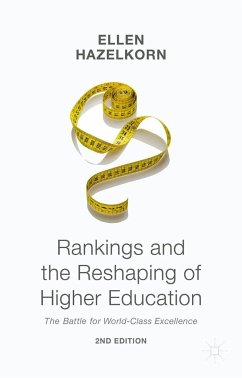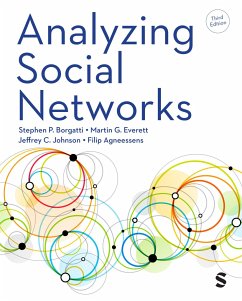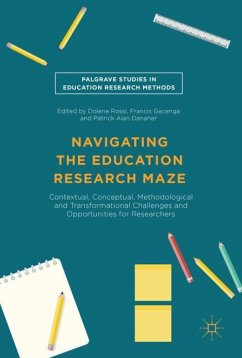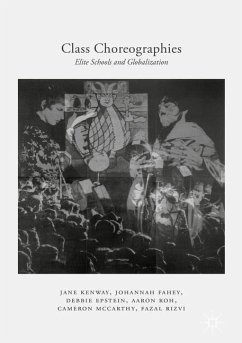
Constructing Methodology for Qualitative Research
Researching Education and Social Practices
Herausgegeben: Harreveld, Bobby; Danaher, Mike; Lawson, Celeste; Knight, Bruce; Busch, Gillian

PAYBACK Punkte
42 °P sammeln!
This book explores the webs of vulnerability in methodological decision-making that illustrate the deceptive strength of qualitative research. Each chapter will resonate with readers differently as they read themselves into the tensions and tangles of qualitative research when confronted with the challenges of establishing methodological frameworks for educational and social enquiry. The authors are postgraduate, early career researchers and supervisors who analyse their methodological encounters with the nimble, fluid, messy and iterative processes of qualitative research. The book flows stru...
This book explores the webs of vulnerability in methodological decision-making that illustrate the deceptive strength of qualitative research. Each chapter will resonate with readers differently as they read themselves into the tensions and tangles of qualitative research when confronted with the challenges of establishing methodological frameworks for educational and social enquiry. The authors are postgraduate, early career researchers and supervisors who analyse their methodological encounters with the nimble, fluid, messy and iterative processes of qualitative research. The book flows structurally from positioning the researcher within these processes to the manoeuvring of self across necessarily selective social science disciplines in education, arts and humanities. It rejuvenates the pioneering spirit, the sense of mission and innovativeness of qualitative research.





